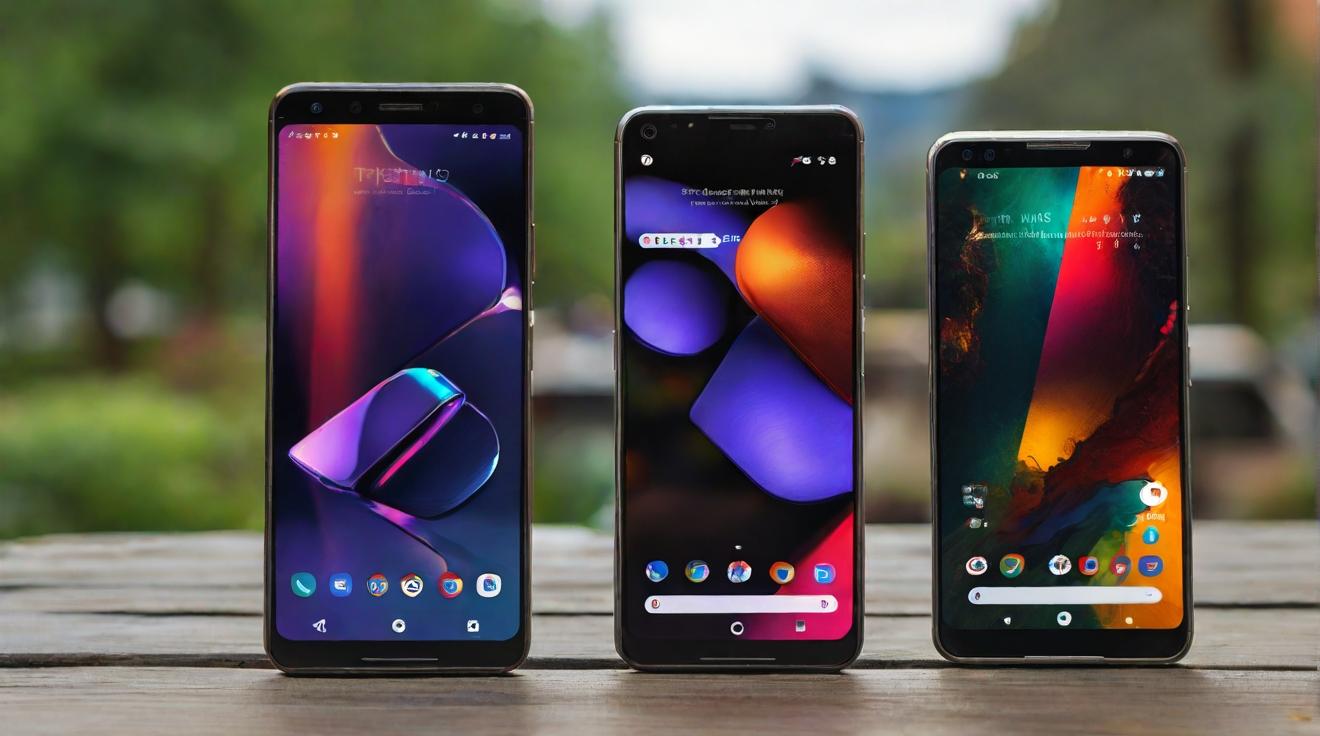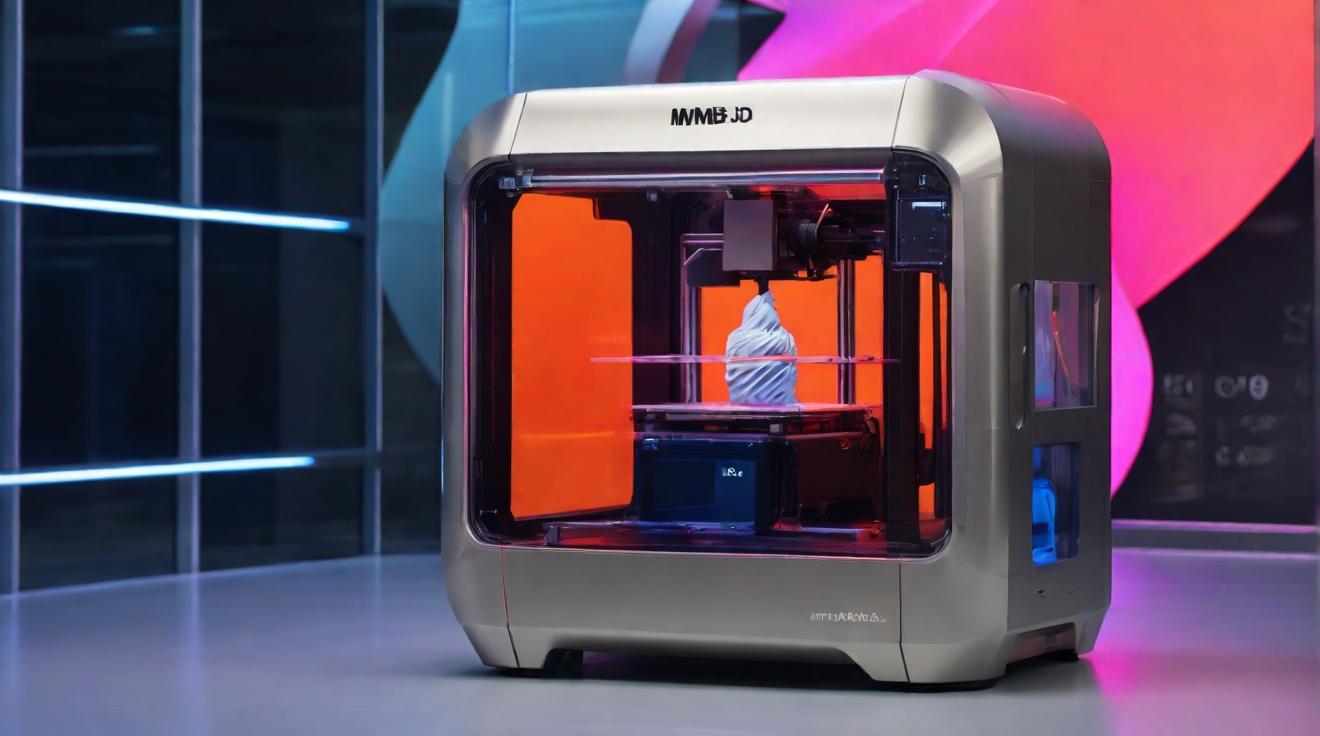ASUS Zenfone 11 Ultra vs. Google Pixel 8 Pro: A Deep-Dive Comparison
In the ever-competitive smartphone market, the ASUS Zenfone 11 Ultra and the Google Pixel 8 Pro emerge as front-runners, each boasting distinctive features aimed at specific user needs. This comparison sheds light on their capabilities, helping consumers make informed choices based on premium features, AI technology, and longevity of software and security updates.
Flagship Features and Design
The ASUS Zenfone 11 Ultra positions itself as a value proposition, offering high-end specifications at an affordable price. Highlights include a sleek design, stunning AMOLED display, and the much-appreciated headphone jack. However, it's not without its flaws; limitations in software updates, a predisposition to overheat during intense gaming, and the omission of a charger in the box mar its otherwise stellar offerings.
Conversely, the Google Pixel 8 Pro is marketed as the pinnacle of Google’s smartphone endeavors, leveraging cutting-edge Google AI technology. It shines in photography, grants seven years of software and security updates, and features innovative AI capabilities. Nevertheless, its shortcomings, such as the lack of expandable storage and a Tensor processor not optimized for gaming, might deter certain segments of users.
Technical Specifications Showdown
Focusing on the internals, the ASUS Zenfone 11 Ultra boasts a 6.78-inch AMOLED display, up to 512GB storage, and Android 14 out of the box, coupled with a robust 5,500mAh battery. It promises two major software updates and four years of security patches, ensuring relevance in the rapidly evolving tech landscape.
In the other corner, the Google Pixel 8 Pro sports a 6.7-inch OLED display, offers up to 1TB storage, and also arrives with Android 14. Its commitment to longevity is unmatched, with up to seven years of updates, underscoring Google's dedication to user security and experience. The device's 5,050mAh battery supports fast wireless charging, highlighting its focus on innovation and user convenience.
Performance and Unique Selling Points
When it comes to performance, both devices offer immersive displays, ample storage, and exquisite camera systems. The ASUS Zenfone 11 Ultra stands out for its audio performance, featuring dual stereo speakers and Hi-Res audio support. The Google Pixel 8 Pro, on the other hand, champions AI-driven photography and video capabilities, setting a new benchmark in mobile imaging.
Choosing between the ASUS Zenfone 11 Ultra and Google Pixel 8 Pro ultimately hinges on individual preferences. Do you prioritize extended software support, camera excellence, or are specific features like headphone jacks and gaming capabilities more vital to your decision-making process?
In conclusion, while both smartphones aim to cater to the high-end market, the ASUS Zenfone 11 Ultra appeals to those seeking premium features without breaking the bank, whereas the Google Pixel 8 Pro is tailored for users desiring top-of-the-line photography and long-term updates.
Analyst comment
Positive news. Market analysis: Both ASUS Zenfone 11 Ultra and Google Pixel 8 Pro cater to different consumer preferences. ASUS Zenfone appeals to budget-conscious users with its premium features, while Pixel 8 Pro targets photography enthusiasts and users seeking long-term software updates. Overall, the smartphone market is likely to witness increased competition and more diversified options for consumers.













